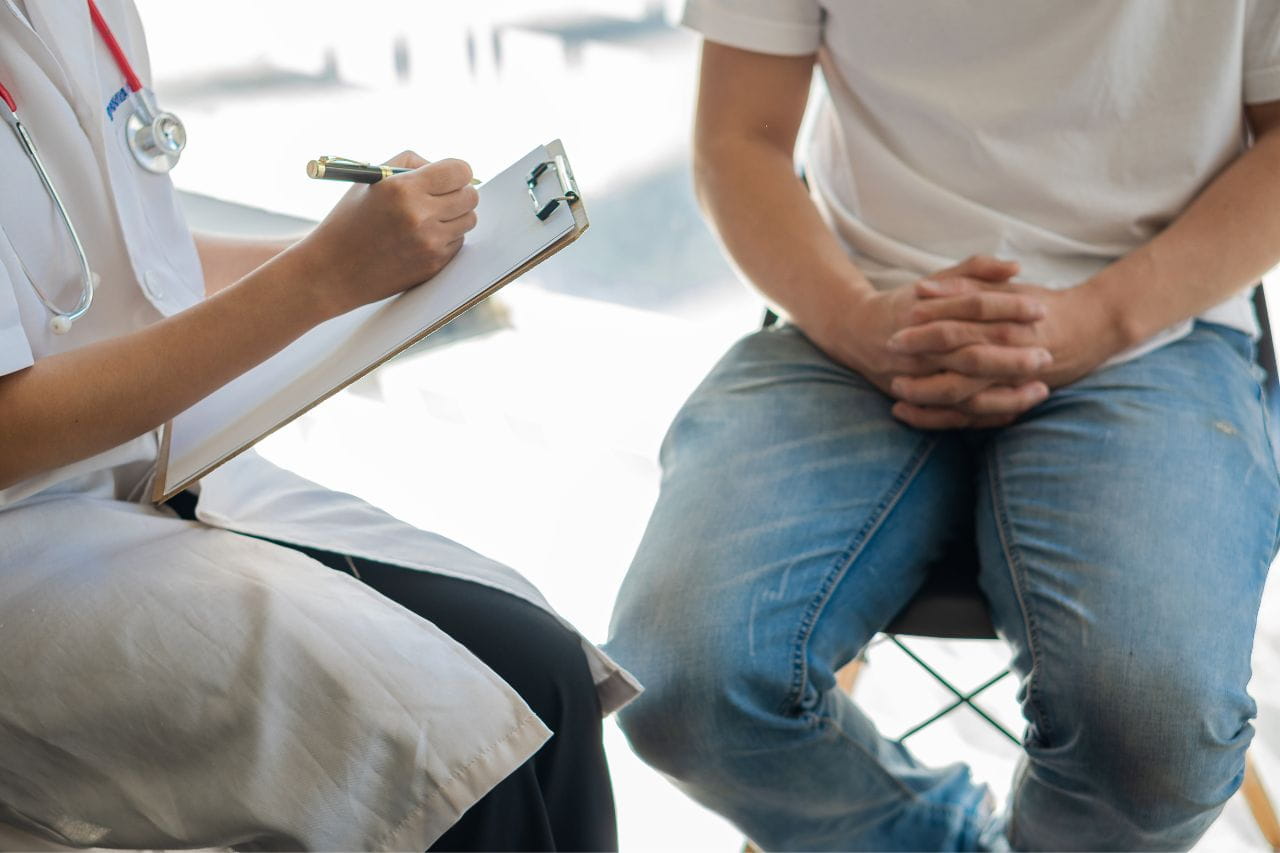What Do Kidney Stones Feel Like?
.jpg?rev=55d78b9c218347ca9a316da32a9f0117)
Kidney stones are hard mineral deposits that form in your kidneys. They develop when your urine doesn’t have enough liquid to dilute the waste, causing minerals to form crystals.
Dehydration is a leading cause of kidney stones. Your risk of developing them is also higher if you eat a diet high in protein, sugar, or salt or are overweight. In addition, specific medical conditions, medications, and supplements can increase your risk.
If kidney stones are small enough, your body eliminates them in your urine, and you don’t experience any symptoms. Larger ones can cause significant pain as you “pass them,” although they generally don’t cause permanent damage to the urinary tract.
Kidney Stone Symptoms and Treatment
People with kidney stones typically don’t know it until the deposits move from the kidneys into the ureters, which carry urine to the bladder. When symptoms develop, they can include some or all of the following:
- Sharp pain in the side or back that comes in waves
- Pain in the lower abdomen and groin, usually on one side
- Pain that may change locations and vary in intensity
- Frequent need to urinate
- Urinating in small amounts or feeling like you’re not emptying your bladder completely
- Pain or burning sensation when urinating
- Red, pink, or brown urine that indicates blood is present
- Cloudy urine
- Urine with a noticeable odor
- Nausea from intense pain
- Chills, fever, and vomiting if an infection develops
If you experience these symptoms, it’s important to tell your doctor about them. If you have blood in your urine, trouble urinating, or pain accompanied by fever and chills, you should seek immediate medical attention.
Doctors advise people with kidney stones to drink 2 to 3 quarts of fluids daily (ideally water) and take over-the-counter pain medication as they wait for them to pass. They may also prescribe medications that relax the ureters, making it easier for stones to move through them. If a stone is especially large, surgery may be required.
Tips for Preventing Kidney Stones
Passing a kidney stone can be very painful. You can reduce your risk of developing kidney stones by doing the following:
- Drink plenty of water.
- Consider adding lemon juice to your water, as citric acid helps keep stones from forming.
- Limit your salt intake to 2,000 milligrams or less daily.
- Replace animal protein with plant protein from sources like beans, lentils, and dried peas.
- Ask your doctor if you should avoid foods high in oxalate, including spinach, sweet potatoes, soy, and nuts. These foods have essential nutrients, so finding the right balance of kidney stone prevention and nutrition is important.
- Avoid chocolate, cola, and other sugary beverages.
Get Advice on Kidney Stones From Baptist Health
If you have symptoms of kidney stones, contact your Baptist Health primary care physician. They will advise you on how to minimize your pain while passing them. If you have a large stone that will be difficult to pass, they may refer you to a urologist.
You can find a doctor in our online provider directory if you don’t have one.



